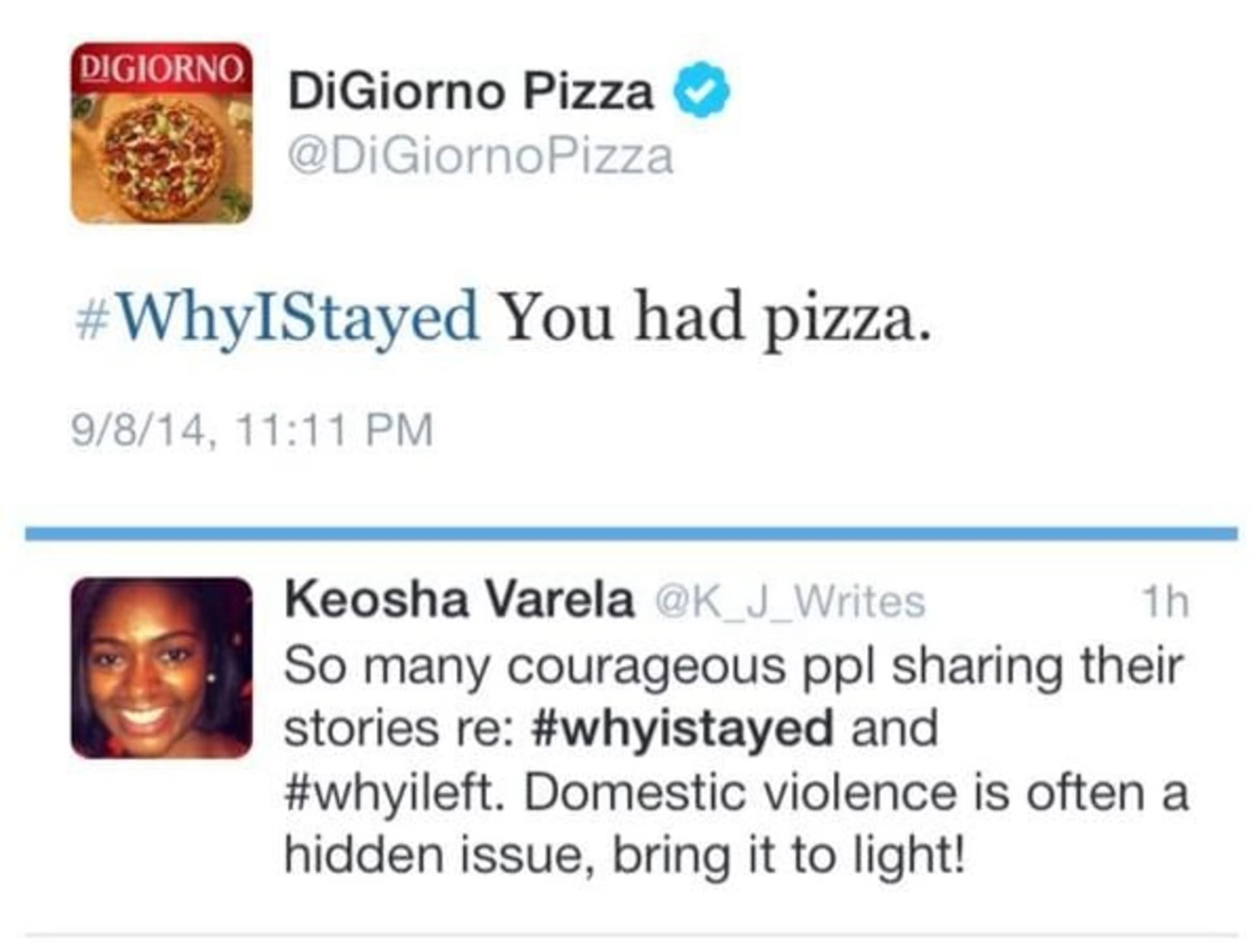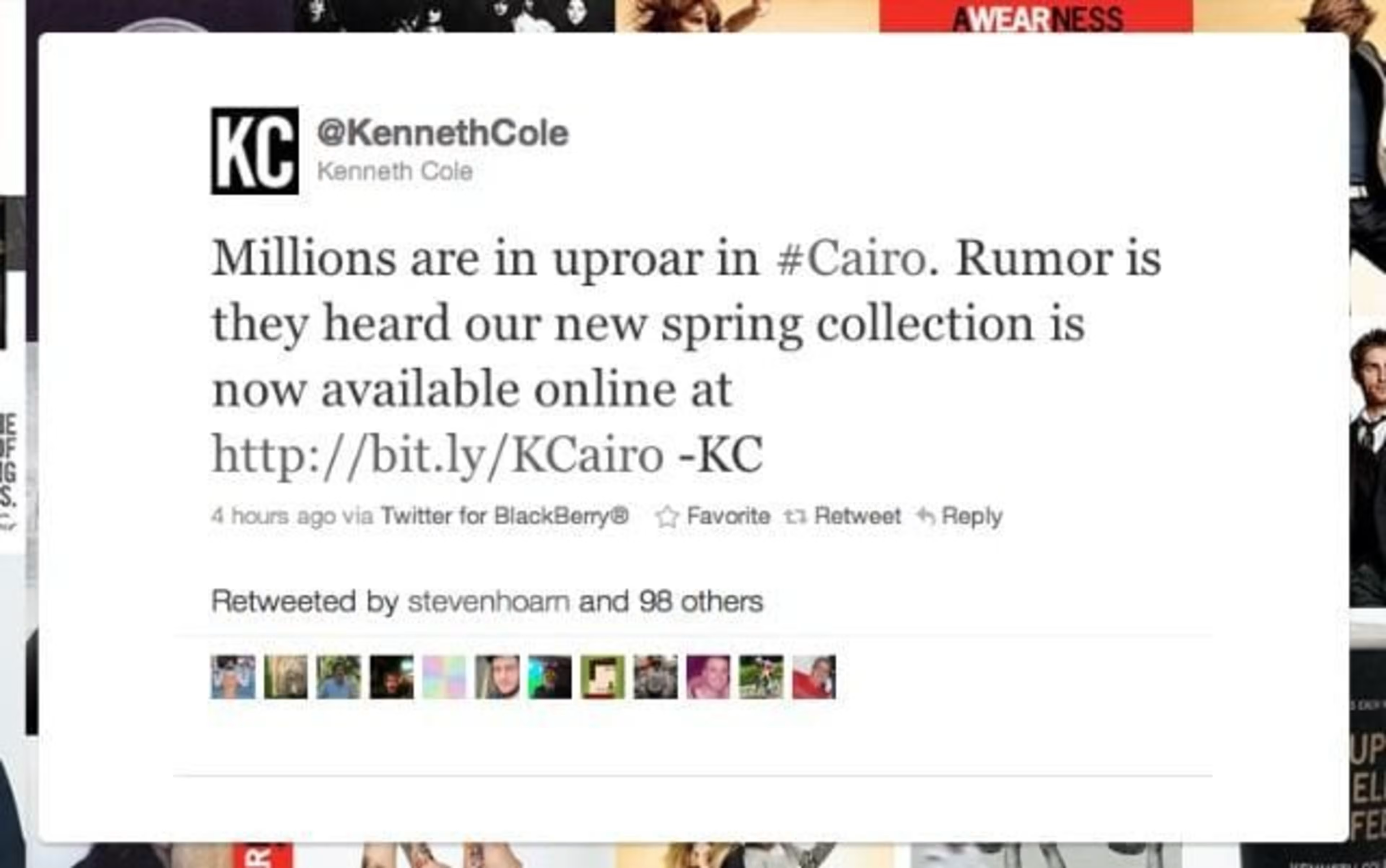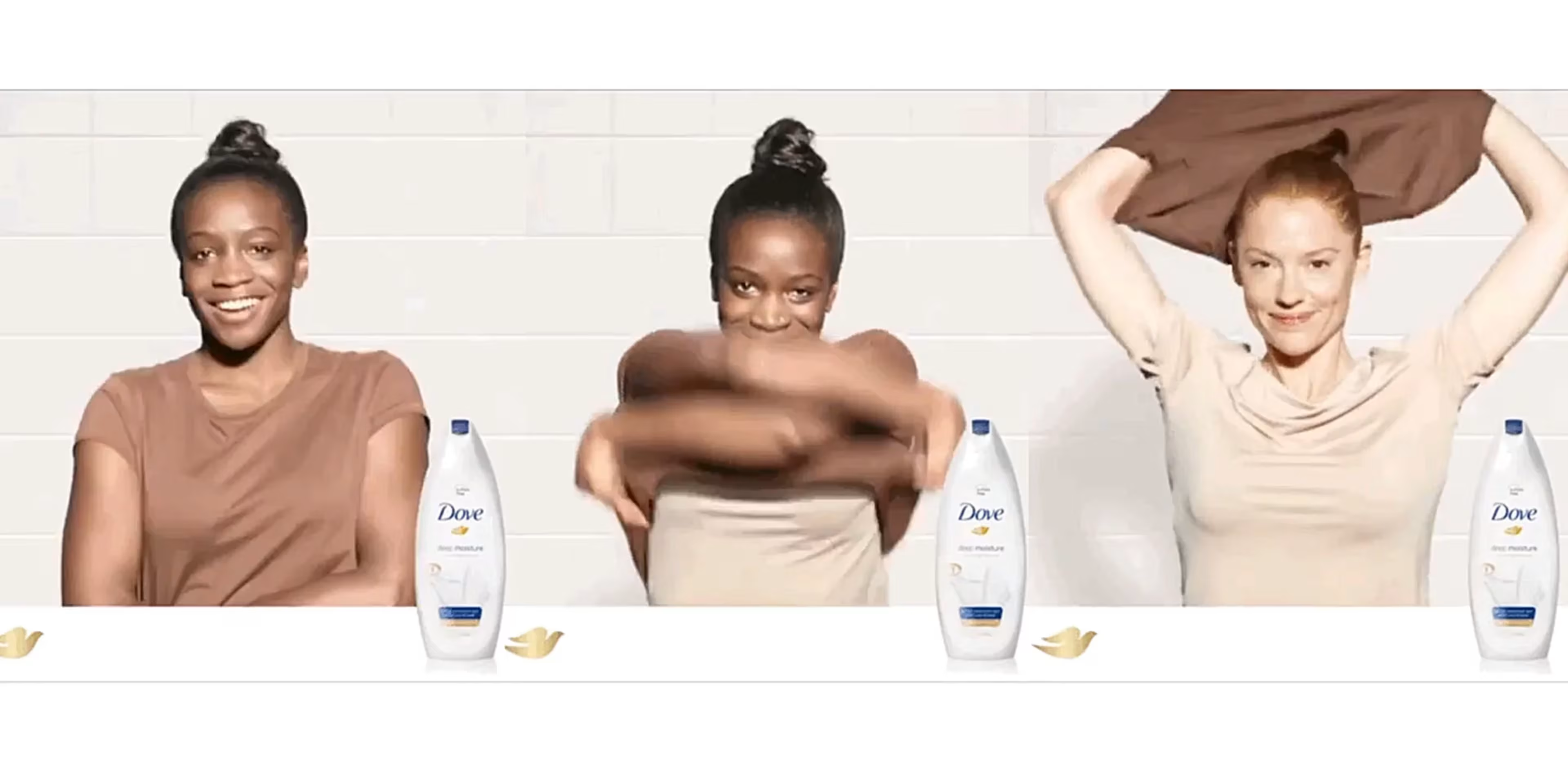A strategic marketing plan can be the golden ticket for a small business. With the right digital marketing, you can grow your brand recognition and make yourself valuable to your community.
With limited resources, however, one bad marketing decision could mean disaster for that same small business. Where enterprise companies have room to recover from their marketing failures, a small business could find themselves in real financial trouble.

With no room for costly mistakes, it's imperative that small and midsize businesses (SMBs) learn from where leading companies have gone wrong in their marketing efforts. Equipped with this information, SMBs can launch and manage successful marketing campaigns while avoiding common (and even unexpected) pitfalls along the way.
In this article, we will look at four common mistakes made by marketing teams, identify where they went wrong, and discuss what small business owners should do instead.
Marketing disaster #1: Misusing social media
At their best, social media platforms allow you to reach returning and potential customers in real time. Whether your small business is offering a niche product or a local service, effective social media marketing can help you stay involved in the current conversation and maintain a relevant online presence.
Social media is also a fickle and ever-changing atmosphere. A slapdash attempt to comment on or participate in a trending hashtag could leave you looking ignorant or insensitive.
In 2014, DiGiorno made this mistake when they stepped into a serious Twitter conversation about domestic abuse. Without looking into the context of the trending hashtag, #WhyIStayed, the pizza company's social media team decided this was a good opportunity to promote their product.

DiGiorno tweets, "You had pizza" and tags #WhyIStayed, the domestic violence awareness hashtag (Source)
As you can imagine, this did not go over well. DiGiorno deleted the tweet and went on an apology tour across social and traditional media.
In 2011, Egypt was in the middle of a dramatic political uprising that would eventually oust President Hosni Mubarak from power. The demonstrations were met with violence from the government and hundreds were injured or even killed.
As the city of Cairo was trending on Twitter, clothing designer Kenneth Cole tweeted this:

Tweet by Kenneth Cole equates national political upheaval to a clothing sales rush (Source)
Cringeworthy, right?
SMB best practice: Use Twitter, Facebook, and other social media profiles to foster personal relationships with your customers and to build your brand recognition. Just be sure you understand the context of a trending phrase or pop culture reference before joining in the conversation.
Marketing disaster #2: Getting lost in translation
The world seems smaller in the age of digital marketing. But whether you are trying to reach potential clients across the globe or in your own community, make sure your messaging and language translate properly.
Translation gaffes make for an entertaining punchline, but they can cost a company their credibility in a new market.
Inc.com has an excellent list of name, logo, and tagline mistranslations that made some big companies look pretty foolish.
Our favorite mistranslations include:
Coors translated its slogan, "Turn It Loose," into Spanish, in which it is a colloquial term for having diarrhea.
KFC made Chinese consumers a bit apprehensive when "finger-licking good" was translated as "eat your fingers off."
Pepsi's slogan "Pepsi Brings You Back to Life" debuted in China as "Pepsi Brings You Back From the Grave."
The American Dairy Association replicated its "Got Milk?" campaign in Spanish-speaking countries where it was translated into "Are You Lactating?"
Words are not the only thing that can trip up your marketing team as you cross language and culture barriers. Sometimes it's the larger marketing message—the theme and iconography—that misses the mark.
Procter & Gamble fell victim to this stumbling block in the 1970s when it tried to merge into Japan's market to sell Pampers disposable diapers.
The company had seen wild success in the United States with a TV ad depicting a cartoon stork delivering disposable diapers to a household excited to move away from messy, time-consuming cloth diapers. In Japan, however, a similar ad and packaging flopped, even though families in Japan were just as interested in switching to disposable diapers.
What was the difference?
The folklore of storks delivering babies is a Western phenomenon. Japanese parents didn't know what to make of the large white bird, because in Japan, it is a peach floating down the river, not a stork, that carries babies to their parents.
SMB best practice: Respect the unique makeup of your customer base by taking the time to understand the diverse cultures within your business community. A gesture of awareness, such as celebrating a holiday or respecting a custom, could win you a customer for life.
Marketing disaster #3: Giving away the farm
Freebies, BOGO, customer loyalty programs—these are all phrases that draw a customer's attention and encourage returning clients.
Offering eye-catching deals is a marketing tactic that can be employed by small business and enterprise alike, but beware. A marketing team that makes promises without first consulting the CFO or accounts team could be in for disaster.
American Airlines introduced the AAirpass in 1981. When the deal was first offered, pass holders could pay $250,000 for a lifetime of unlimited travel on American Airlines.
A Los Angeles Times article on the AAirpass put the count of pass holders at 66, and that group of fliers has cost the airline millions of dollars.
"We thought originally it would be something that firms would buy for top employees," said Bob Crandall, American's chairman and chief executive from 1985 to 1998. "It soon became apparent that the public was smarter than we were."
Around the same time, McDonald's made a financial miscalculation of their own. Before the start of the 1984 Summer Olympics, the fast-food chain announced a nationwide promotion that offered free Big Macs, french fries, and Cokes every time a U.S. athlete won a gold, silver, or bronze metal, respectively.
What McDonald's hadn't accounted for was the team from the former Soviet Union boycotting the games, which cleared a path for American athletes to sweep a large portion of the events. America came home with nearly double the medals they had been projected to win. 174 medals, to be exact—and 83 of them were gold.
That's a lot of Big Macs.
SMB best practice: You don't have to break the bank with giveaways to keep your customers happy. Loyalty cards and promotional products are a great way to keep your customers satisfied and keep your name in their ears. According to a 2016 survey, people hold on to promotional products for an average of eight months—and that means eight months of brand exposure.
Marketing disaster #4: Alienating your customers
At Capterra, we strive every day to delight our clients. That means going above and beyond to ensure that they are heard, valued, and respected. When businesses fail to treat their customers with respect, the consequences can be disastrous.
In 2012, there was an uproar over a new "pen for her" released by Bic. These pastel-colored pens, sold in smaller quantities and for a higher cost than non-gendered pens with the same product specs, came under some intense mockery. Even Ellen joined in with a segment of her show airing a satirical ad for the product.
Women were not impressed, and they made their frustrations known in their Amazon product reviews:

Comments left on the Amazon product review page for Bic's pens for her (Source)
These responses, while mostly made with a humorous tone, clearly show this marketing campaign missed the mark, alienating the very consumers they were trying to attract.
This is not a mistake that we have outgrown, either. Just last year, Dove ran this ad for body wash:

Dove body wash advertisement, which was later taken down (Source)
The ad, which was seen by many as racist, upset potential buyers across the U.S.
Dove spokesperson Marissa Solan said that the image “was intended to convey that Dove Body Wash is for every woman and be a celebration of diversity, but we got it wrong and, as a result, offended many people."
SMB best practice: Whatever you are marketing, do so with a tone of respect. Ask yourself if your campaigns and advertisements aim to make your customers feel empowered. Remember, your customers want to feel good about the goods and services you offer.
What is the key to effective marketing?
The golden rule of marketing is the same golden rule you learn as a child: Do to others what you want have done to you.
Don't make the mistakes these big companies made. Instead, delight your clients with respect and honesty. Your budget and your community with thank you for it.